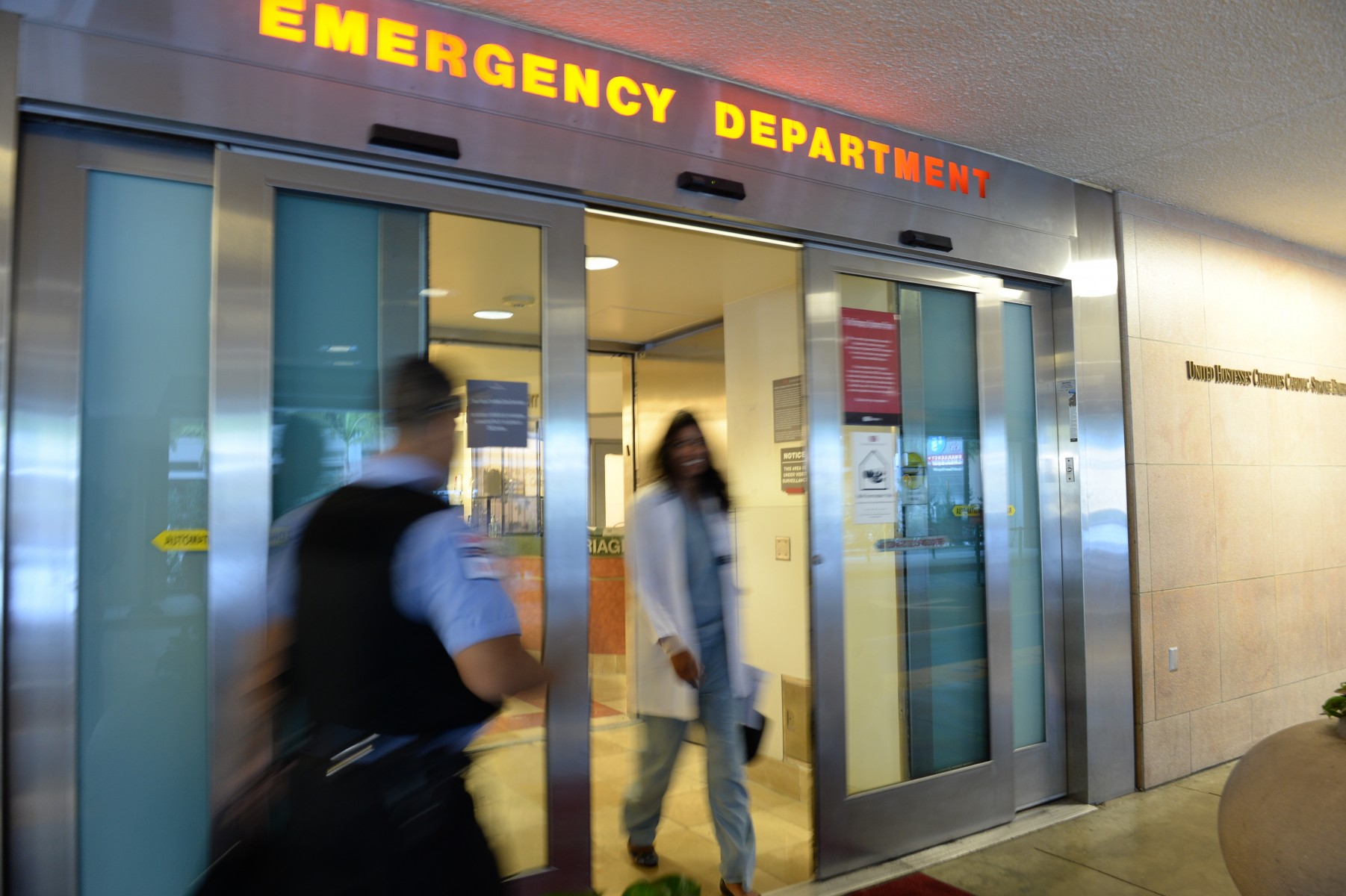MDLinx: How to Handle Medical Requests From Friends and Family
MDLinx recently interviewed Joel Geiderman, MD, FACEP, professor and co-chairman of Emergency Medicine at Cedars-Sinai, about a recently published article addressing the ethical and practical considerations of medical requests from friends and family, particularly from the emergency medicine perspective.
Geiderman, who was the lead author of the paper published in The American Journal of Emergency Medicine, says that physicians don’t have to come up with their own individual rules when it comes to receiving requests for medical advice from family members and friends.
That’s because most national and state associations have policies on the topic, including the American Medical Association (AMA), the American College of Physicians, and the American Academy of Pediatrics.
“Individual rules aren’t a good idea at all,” Geiderman told MDLinx. He suggests fellow physicians instead refer to the AMA policy. “It’s a good place to start.”
However, Geiderman also recommends allowing some exceptions.
“Physicians also have a positive duty of beneficence to render care in an emergency to the best of their ability until a more trained person (which could be a paramedic) is available,” Geiderman told MDLinx. “In parts of Europe, if a person is drowning, it is illegal to not try to assist them.”
He added that emergency medicine physicians, because of their training, have a much broader duty to provide urgent care. But all physicians are called upon at some point to make the occasional exception and provide informal care.
“If a 5-year-old child complains of an earache to mommy-doctor in the middle of the night, who could fault her for examining the ear with an otoscope; or assessing for abnormal breath sounds, fever, clamminess, or meningismus? The same thing could be said for examining a wound or a rash,” Geiderman and coauthors wrote in their study. “Therefore, a blanket prohibition against a physician ever treating a family member, including at home, on vacation, or in a medical setting is unrealistic, impractical, and improbable to occur.”
Still, when friends or family members ask for a favor, Geiderman suggests declining gently by using phrases such as:
- “Under these circumstances, you should not rely on me for medical advice.”
- “I would feel better if you asked your doctor about this.”
- “I am your friend (or cousin, etc) who happens to be a physician, but I think you can appreciate that that is different from being your physician.”
Click here to read the complete article on MDLinx.
Read more on the Cedars-Sinai Blog: Video Allows Neurologists to See Stroke Patients ASAP




